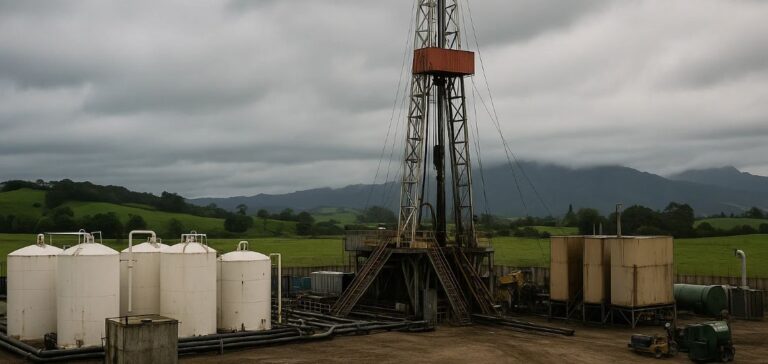TAG Oil Ltd., a Canadian oil and gas producer, has announced the completion of the sale of its 2.5% gross overriding royalty interests in five New Zealand oil permits. The transaction, executed with Kiwi Royalty Limited, was finalised on April 22 following its initial announcement on April 8. The agreement includes an upfront payment of USD 2.2 mn, which comprises a non-refundable deposit of USD 50,000, and additional conditional payments of up to USD 300,000 by the end of 2027.
Contractual details and performance conditions
The affected permits are PMP 38156 (Cheal and Cardiff), PMP 53803 (Sidewinder), PMP 60454 (Supplejack), PEP 51153 (Puka), and PMP 60291 (Cheal East). The remaining balance of up to USD 300,000 will be paid based on cumulative production performance. A further USD 150,000 will be paid if production exceeds 1 million barrels of oil equivalent (BOE) between April 1, 2025, and December 31, 2026. An additional USD 150,000 will be triggered if cumulative production surpasses 2 million BOE before the end of 2027.
Financial impact and capital reallocation strategy
No finder’s fee was paid in this arm’s length transaction. The sale aligns with TAG Oil’s strategic shift to focus on core assets, notably its operations in Egypt. According to Executive Chairman and Chief Executive Officer Abby Badwi, the deal will allow the company to redirect capital toward its priority projects while improving financial flexibility.
The New Zealand portfolio was considered non-core for TAG Oil, which continues to prioritise cash flow optimisation and support for higher value development opportunities. The sale comes as mid-sized oil companies re-evaluate international holdings to concentrate on more profitable production zones or assets with immediate development potential.





















